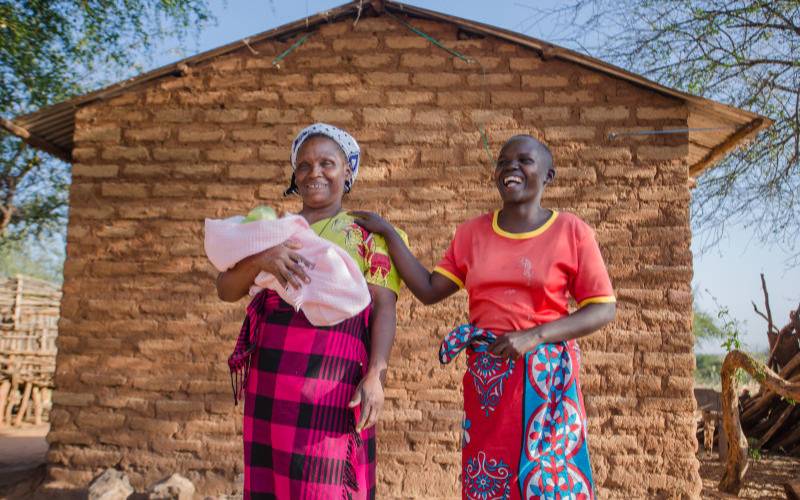×
The Standard e-Paper
Kenya’s Boldest Voice

Charity Kaluki was born in the middle of the pandemic with health care workers on strike. Her mother, Joyce Makasi from Kambiti village named her third child after the Kitui County Governor, Charity Kaluki Ngilu who was then opening a theatre last December.
The theatre came to the rescue of hundreds of pregnant mothers who were forced to be driven on rough roads 100 of kilometres away when they developed complications.